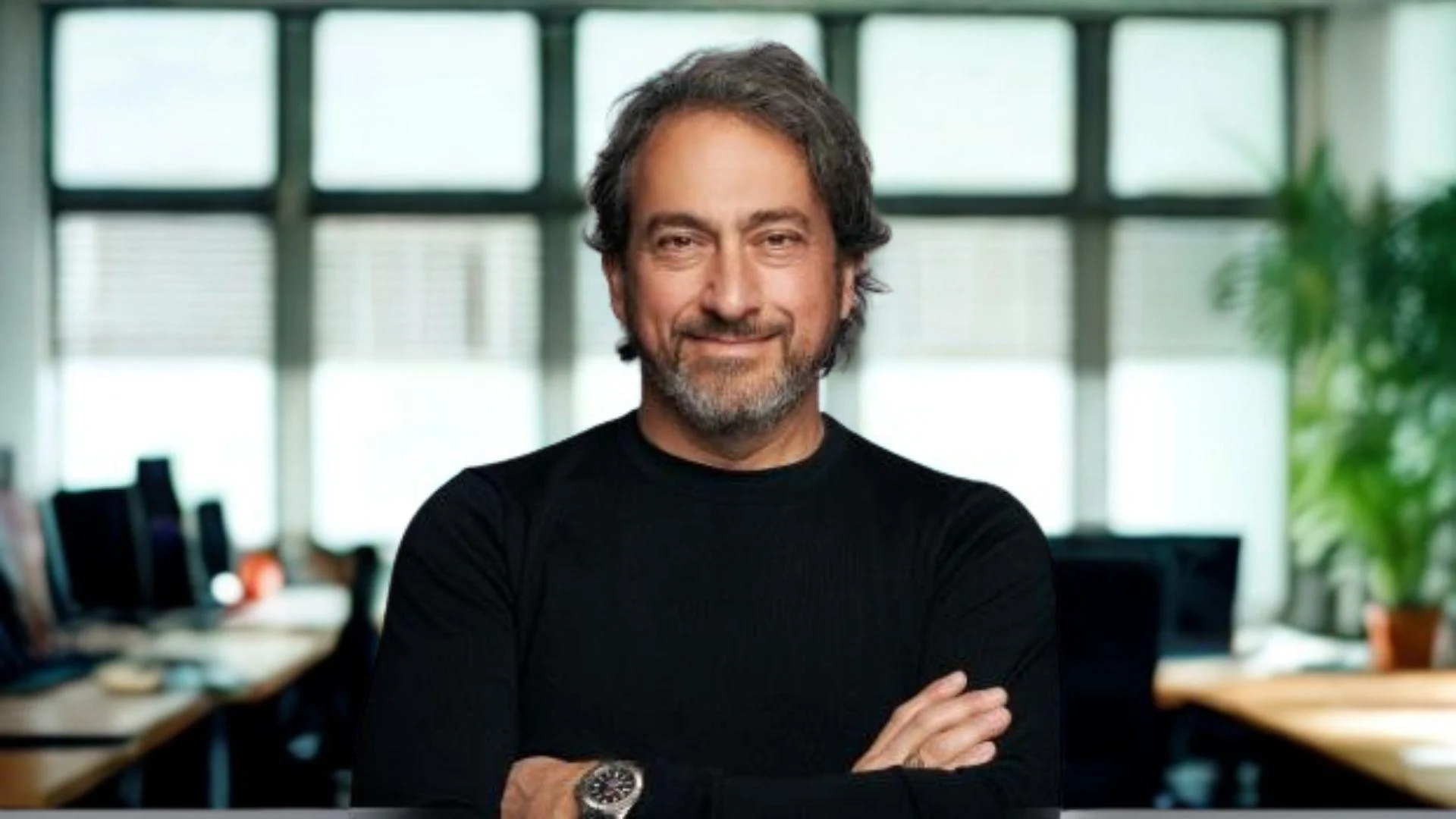
Josh Makower, a Professor of Medicine at Stanford University, said that Functional Endoscopic Sinus Surgery (FESS) often results in painful recoveries, which discourages patients from undergoing the procedure again. This statement was made in the Stanford Biodesign Textbook.
"The recovery was a nightmare, the experience was traumatic, and most patients had no desire to repeat it," said Makower. "The only reason why you're taking it out is because you can't see around it?” “Yes.” “But it's not diseased? After FESS, it would be possible to end up with a permanently scarred ostium that would have had little or no chance of draining, with the possibility of even worse symptoms than I had before. They were protecting me from the potential complications of surgery, which are severe when they happen."
The American Academy of Otolaryngology–Head and Neck Surgery has indicated that sinus dilation, including balloon dilation, is an appropriate therapeutic option for selected patients with chronic or recurrent rhinosinusitis. It can be performed both in operating rooms and office settings. The academy emphasizes that its use should be based on patient-specific factors.
According to StatPearls from the National Library of Medicine, balloon sinuplasty is associated with lower complication rates and faster recovery compared to traditional FESS in selected cases. It is typically recommended for chronic rhinosinusitis without polyps. Studies have reported significant symptom improvement and high patient satisfaction following this procedure.
A study published in the International Forum of Allergy & Rhinology found a 4.2% revision rate within 12 months for balloon sinuplasty, compared to 7.7% for FESS. The study reviewed 9,616 procedures from a large patient population. Authors reported that both procedures can be effective when matched to appropriate patient profiles.
Makower is also a Professor of Bioengineering at Stanford University and Director of the Stanford Byers Center for Biodesign. He serves as a Special Partner at New Enterprise Associates and is co-founder of multiple healthcare companies. His research focuses on medical device innovation and translational health technology.